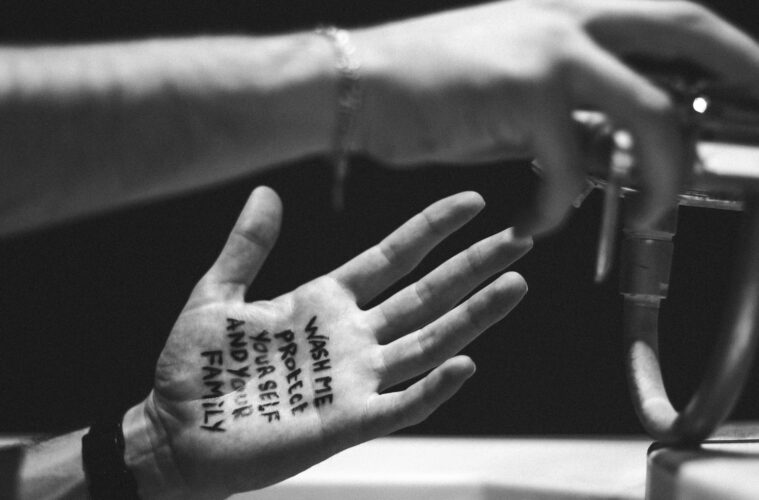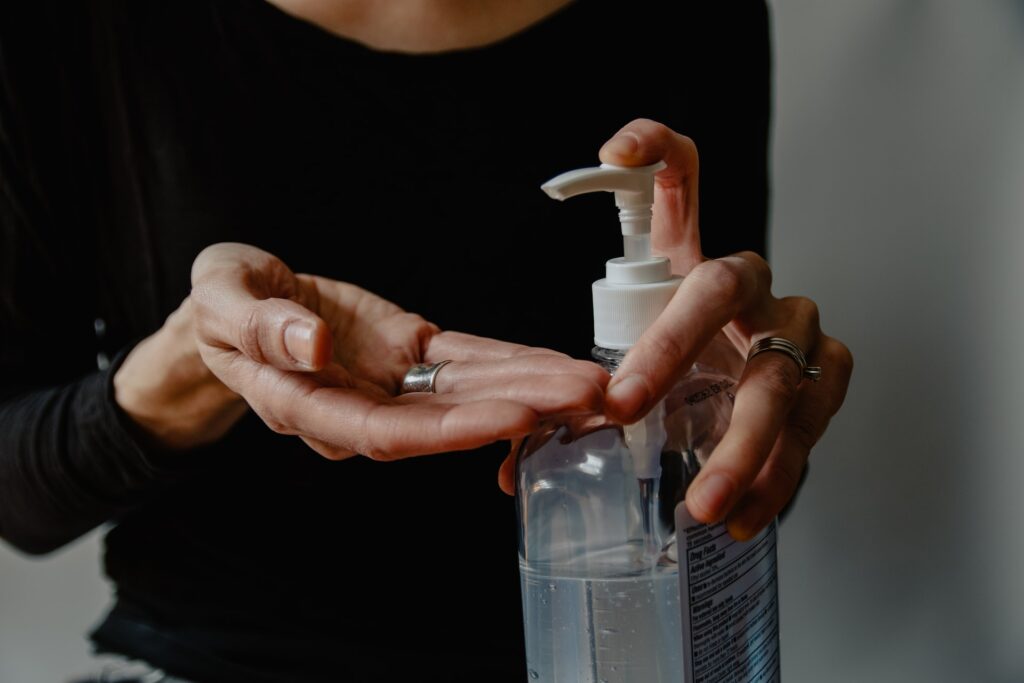There are many reasons why hand hygiene is important, but the two most common are to reduce illness and avoid infection. The CDC recommends washing your hands with soap and water for at least 20 seconds in order to effectively remove germs from your skin.
You may also use an alcohol-based sanitizer if you don’t have access to running water (such as taking public transportation). Alcohol-based products should be used after handling raw meat or produce, using the bathroom while sick, or before eating food.
In this blog post, you will learn all about hand hygiene: its importance, benefits, and how to do it correctly.
- Hand hygiene is the most important way to prevent infection.
Hand hygiene is a crucial part of public health. It prevents the spread of communicable diseases such as influenza, whooping cough, meningitis, and COVID-19. Hand hygiene also helps prevent the transmission of harmful bacteria on surfaces like keyboards, doorknobs, and work surfaces. If an illness such as coronavirus is suspected, it is critical to seek rapid testing near me to confirm the disease and to carefully follow all of the protocols such as hand hygiene and social distancing to avoid infecting those around you.
- Wash your hands thoroughly with soap and water, especially after using the bathroom or before eating.
How to do proper hand washing?
Wet your hands with clean, running water (warm or cold), turn off the tap and apply soap. Lather your hands by rubbing them together with the soap for at least 20 seconds so that they are well-lathered up between every finger crease and under nails too! Rinse thoroughly in order to remove any detergent residue on skin surfaces after you’ve finished scrubbing all areas of both palms as well as digits–remember not only around fingertips but also underneath nails where germs like to hide out from time to time! For a more thorough cleaning session use an antibacterial liquid cleanser instead of bar soap which often leaves behind dirt particles when it’s ruined.
- Alcohol-based hand sanitisers are also a good option for killing germs.
Alcohol-based hand sanitisers are also a good option for killing germs. These products usually contain between 60 and 95% ethanol or isopropyl alcohol, which can kill harmful bacteria on the skin. They’re typically applied to your hands after using soap but before eating food so that you aren’t spreading any of those nasty beasties onto what they touch next!
- Use an alcohol-based hand sanitiser if you don’t have access to soap and water.
If you’re in the middle of a disaster and don’t have access to soap and water, use an alcohol-based hand sanitiser. They work just as well at killing germs! You can find them pretty much anywhere these days so it’s not difficult to get your hands on one when needed.
Alcohol-based hand sanitisers are your best bet if you don’t have access to soap and water!
- If you’re sick, stay home from work or school until you recover.
Make sure you’re not contagious by staying home when feeling sick.
If you need to get some work done, use tools like Google Docs so that your germs are contained and don’t spread too far.
The flu is an awful virus that makes people feel really terrible. If you think you’re coming down with a fever, make sure to sanitise your hands and room.
- Avoid touching your eyes, nose, mouth, or any open wound while at work or school.
The best way to avoid getting sick is by avoiding touching your eyes, nose, mouth or any open wound with your hands. Wash them thoroughly after handling blood and bodily fluids!
Conclusion
Conclusion paragraph: In the end, hand hygiene is really just a matter of taking responsibility for your own health and avoiding unnecessary medical expenses. It’s not about being squeaky clean or smelling like roses; it’s as simple as washing with soap and water after you’ve used the bathroom, sneezed into your hands, shared food on a date, or touched anything that could be carrying germs (including pets). And if you wash regularly throughout the day while at work? You can save yourself from getting sick in the first place! Hand hygiene matters – so spend some time today thinking about how you will make this habit part of your daily routine to avoid future trips to the hospital and doctor’s office.


